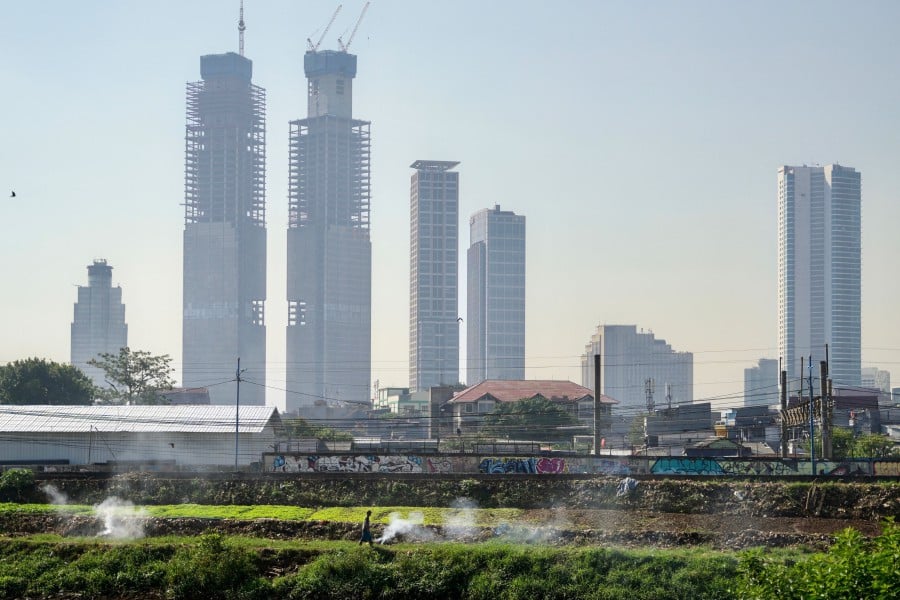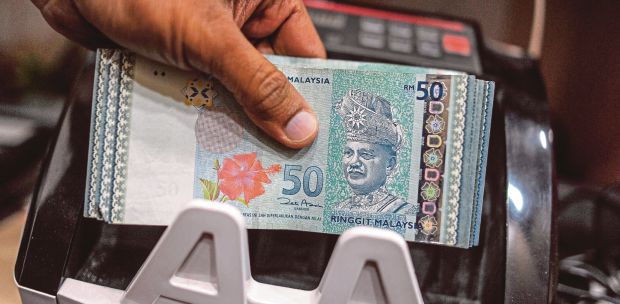I was inside a Mass Rapid Transit train a few weeks ago in Singapore and chanced upon a youngish Chinese Indonesian couple, the man in a wheelchair nursing an ankle sports injury, post-surgery.
What surprised me was something rather commonplace in Indonesia: the couple were engaged in an animated conversation in Bahasa Indonesia.
I enquired why the man was in the wheelchair and both answered in perfect English.
I was more recently in Manila and as happens more often than not when I am there, the hotel room boy spoke to me in Tagalog until I had to protest that I was not Filipino and could not be expected to comprehend the Philippine national tongue.
Later, in the corridor of an office building, I bumped into a guy who claimed he was Chinese and who asked if I was from Thailand, probably because he was trading with someone from that country.
I told him I was from Malaysia and he further asked if I was also Chinese. Then, he started talking to me in Hokkien!
Nothing can be more politically charged than language, as we know only too well here in Malaysia.
I will not begrudge the guy I met in the Manila building — no matter if he was a Chinese, Filipino or Thai — wanting to speak Hokkien to me while I waited for an elevator. Strangers invariably search for whatever common ground they can find.
The late Singapore prime minister, Lee Kuan Yew, was said to converse officially in English rather than Mandarin with his mainland Chinese interlocutors, probably to bring home the unspoken message that while he was ethnically Chinese, he was speaking to them as leader of a foreign nation.
Among the Chinese diaspora in our region, I think it is fair to say Chinese — Mandarin more than dialects — still is widely spoken. For the English-educated, English may be preferred for everyday use.
Where then, do national languages such as Bahasa Malaysia, Bahasa Indonesia or Tagalog fit into the overall scheme of things? The Malaysian and Philippine national tongues, from my observation, still suffer from being seen (even by native speakers of both languages) as being a touch parochial.
But I think the Indonesian couple I met in Singapore suffer no such misgivings about their national language. They speak it openly and most likely even within the confines of their home.
Practically everyone else in the country does the same, so it loses any "stigma" of being parochial.
Older Chinese Indonesians may still harbour some fondness for speaking their ethnic tongue, especially at home, but my suspicion is that younger ones increasingly find it a chore to speak Chinese even though they may still have the facility to speak or at least understand it.
Does this make them any less "Chinese"? That must be subject to more detailed analysis.
Are there lessons for Malaysian nation-building that we can draw from Indonesia?
Unfortunately, I would say the answer is no. The Chinese constitute a far greater proportion of the Malaysian population than their counterparts in Indonesia.
While there is a curious flowering of Chinese culture and language in post-Suharto Indonesia, I do not think there is any serious clamour for the vernacular school system that we have here.
Chances are, we will identify more with the Philippine experience in this regard. Philippine political elites make a show of speaking and promoting their national language but they are more at ease using English.
The Indonesian experience of "language egalitarianism" through the medium of Bahasa Indonesia is probably unique in this region.
The writer views developments in the nation, region and wider world from his vantage point in Kuching
The views expressed in this article are the author's own and do not necessarily reflect those of the New Straits Times






